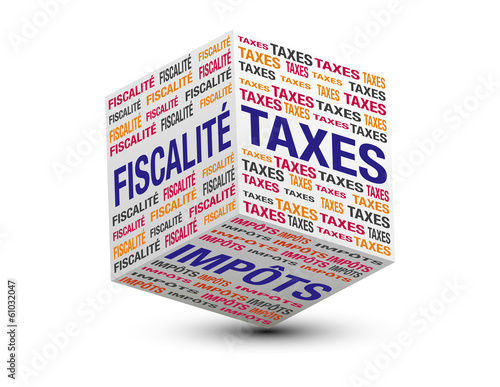Expatriate Taxation: Why the Philippines is Attractive Thanks to the Tax Exemption on Foreign Income
- Mileo Insights
- Sep 26, 2025
- 2 min read
When planning an expatriation, taxation is a decisive factor. The Philippines is attracting more and more expats, not only for its tropical setting and affordable cost of living, but also for a major tax advantage: the exemption from taxation on foreign income , including certain passive income.
Taxation in the Philippines: a system based on territoriality
The Philippine tax system is clear:
Foreign residents (SRRV, 9G, or other long-term work visas) are taxed only on their Philippine-source income.
Foreign source income (pensions, dividends, salaries, rents, online passive income, etc.) is tax-exempt in the Philippines .
👉 Unlike many countries that tax global residency, the Philippines applies territoriality: only locally generated income is taxed.
Concrete examples
A retiree who receives his pension in Europe will not pay tax locally.
A freelance consultant working remotely for a foreign company is exempt, if the income is considered foreign.
A content creator (YouTube, blog, affiliate platforms) who monetizes his audience internationally will not pay local tax on this income, because the source is abroad.
⚠️ On the other hand, if the creator receives income from a company based in the Philippines or from local partnerships, this income will be taxable.

Why this regime is attractive to expatriates
Protection of foreign and passive income : pensions, dividends, advertising or affiliate income are not taxed locally.
Clarity and legal certainty : the territorial principle is recognized by the Bureau of Internal Revenue (BIR).
Ideal for retirees, digital nomads and content creators : an advantageous tax framework combined with a competitive cost of living.
Possibility of optimization via tax treaties : to avoid any double taxation with the country of origin.
Points of vigilance
Income generated in the Philippines (local salaries, real estate, advertising partnerships with Philippine companies) is taxed.
It is essential to verify tax residency in your home country .
Tax planning with a professional remains strongly recommended.
FAQ – Taxation for expatriates in the Philippines
Is foreign income taxed in the Philippines? 👉 No, only income from Philippine sources is subject to tax.
Does a YouTube content creator or blogger pay taxes in the Philippines? 👉 No, if their income comes from abroad (Google/YouTube, international affiliate platforms). Yes, if their income is generated by local partners.
Does a retiree have to pay tax on their foreign pension? 👉 No, a pension received from abroad is exempt from local tax.
What income remains taxable? 👉 Salaries from local employers, rent in the Philippines, investments or business partnerships in the country.
In summary
Moving to the Philippines not only offers a tropical lifestyle, but also benefits from a favorable tax regime based on territoriality. For retirees, the self-employed, investors, and online content creators, this represents a unique opportunity for tax optimization .
👉 Are you a content creator, retiree, or remote professional considering moving to the Philippines? Contact Mileo for tailored tax and administrative support.




Comments